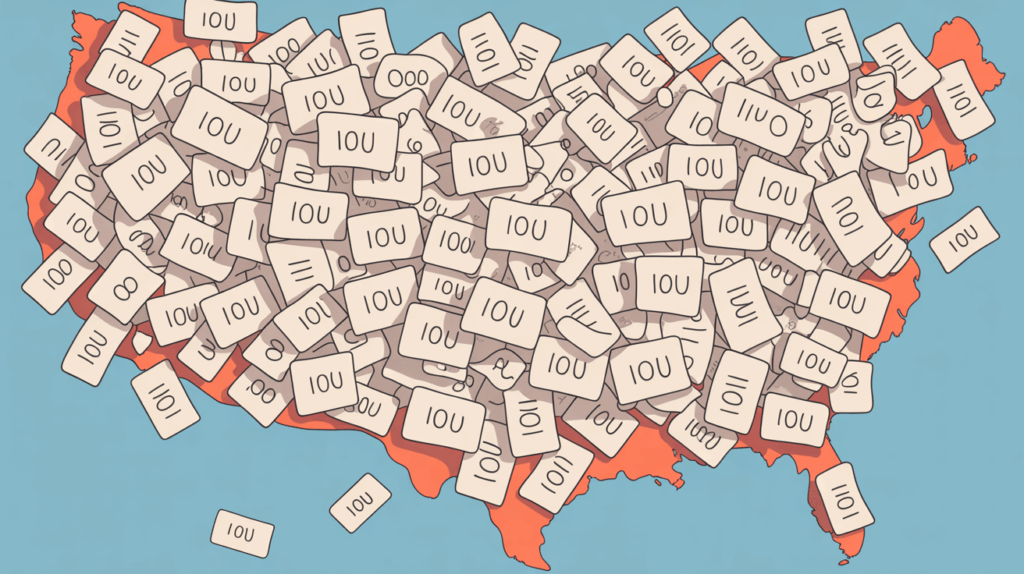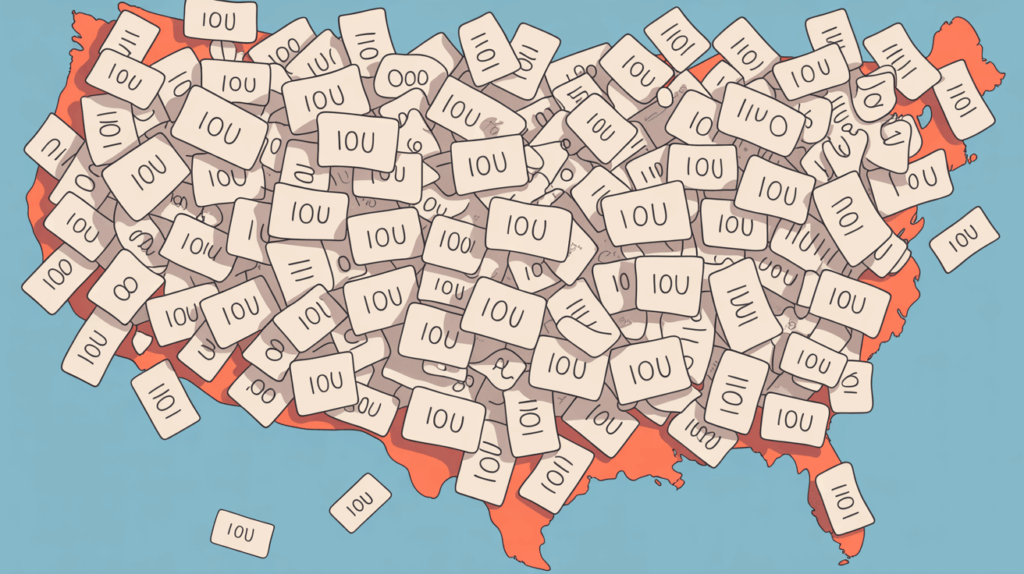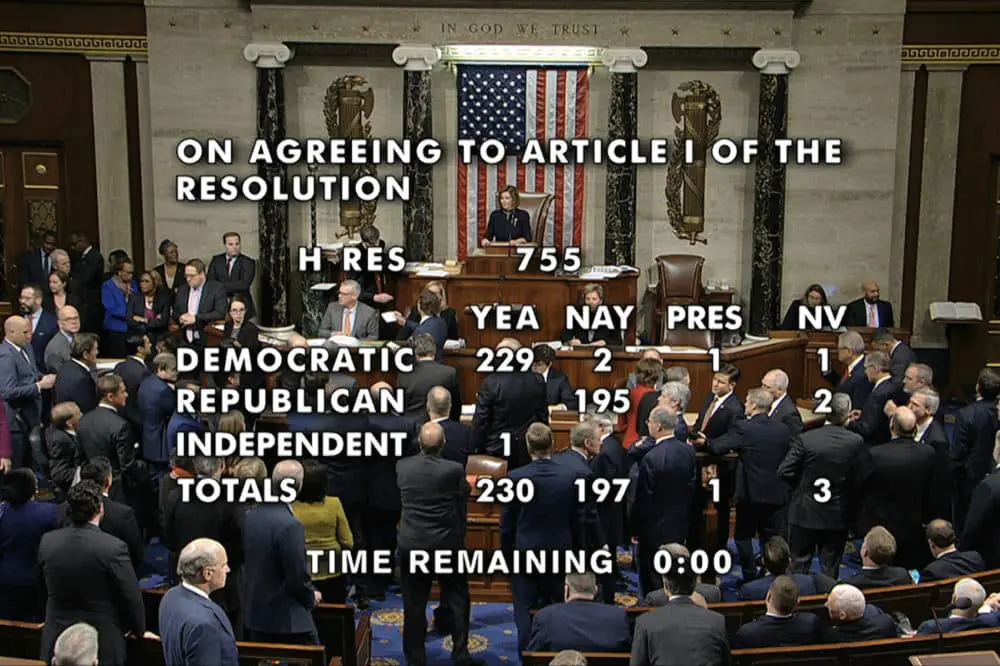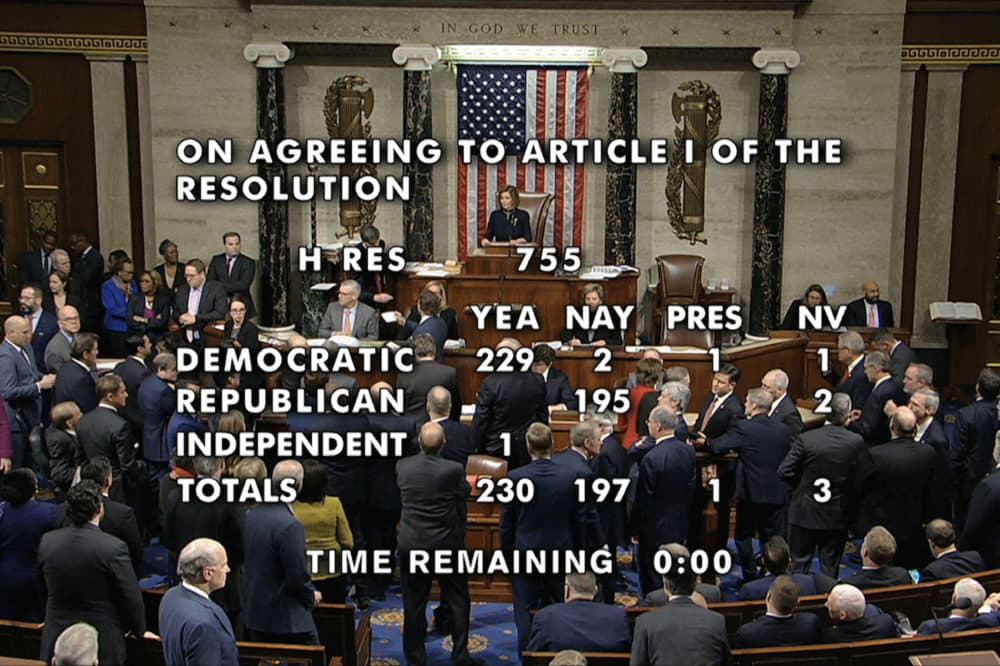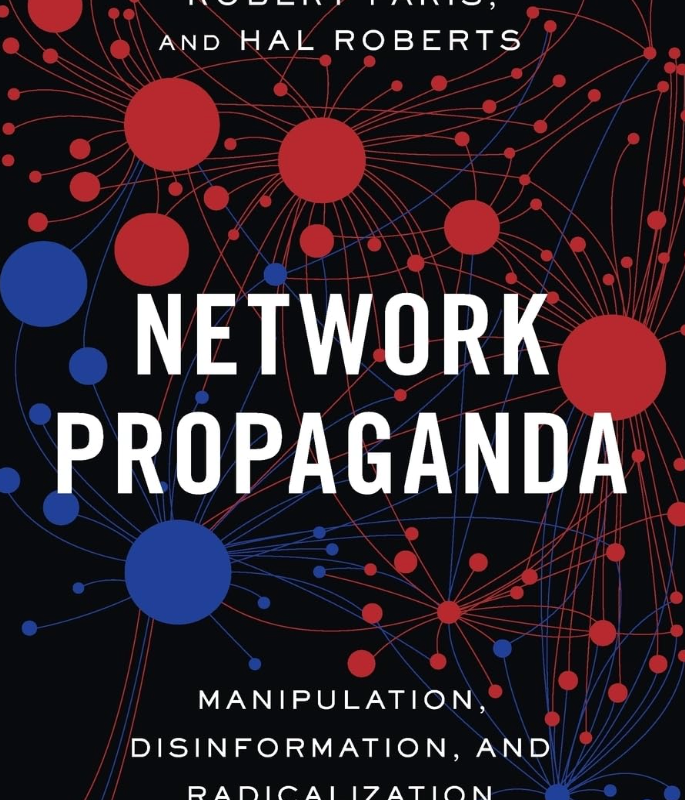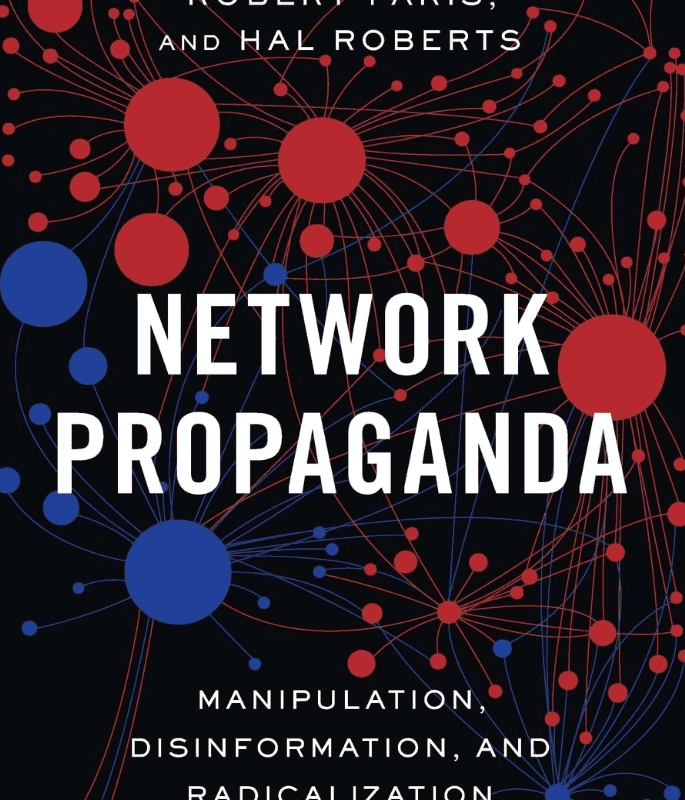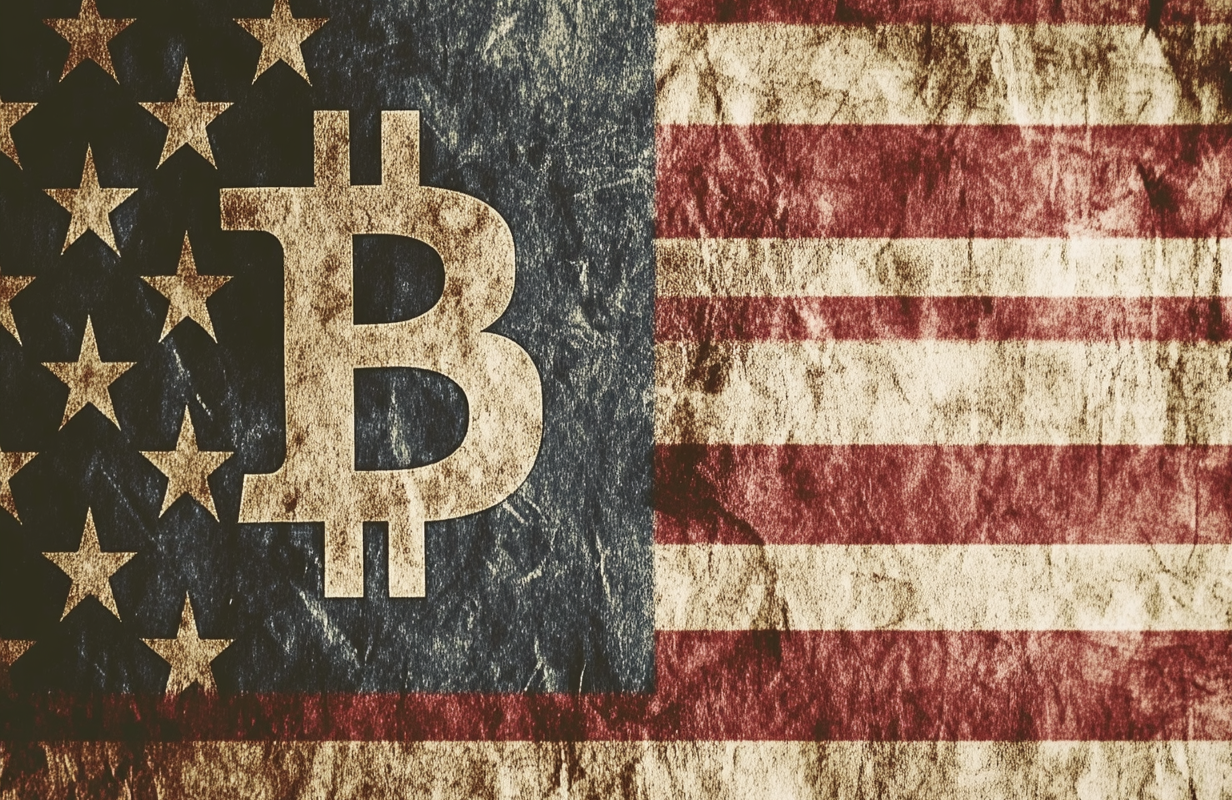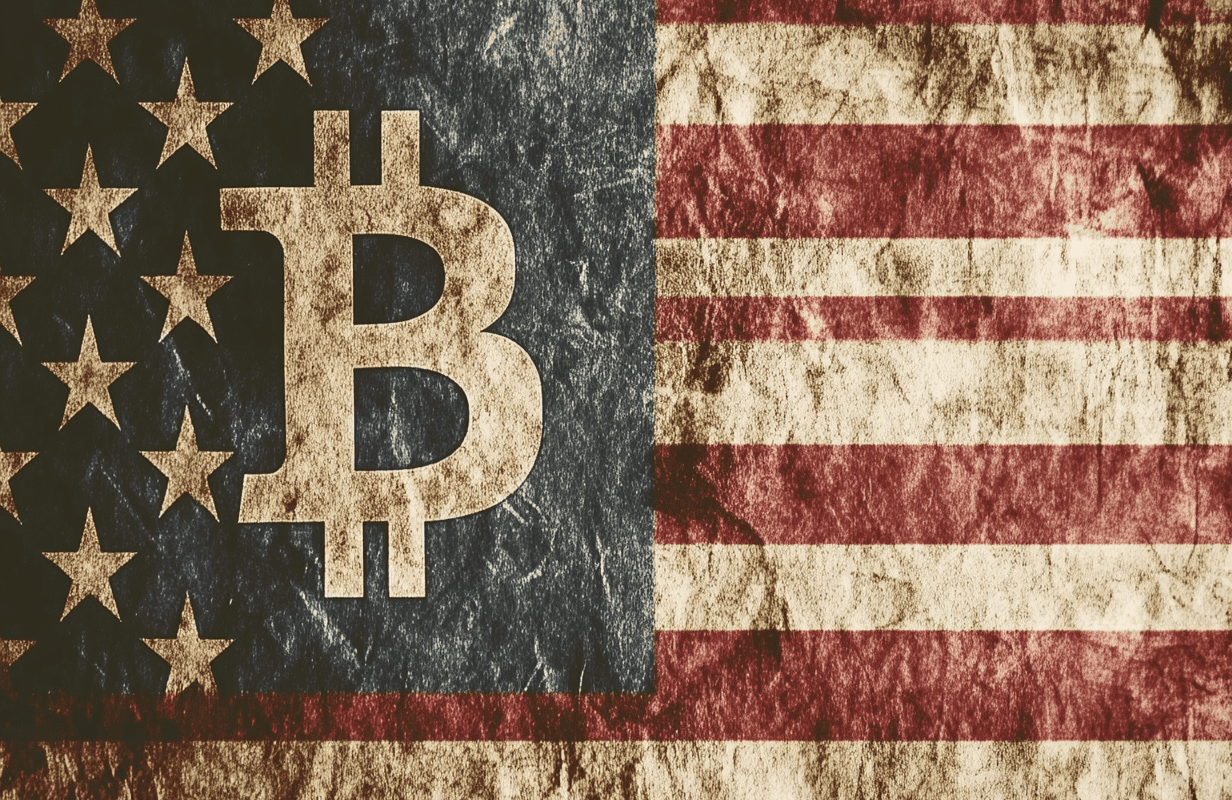The Rise and Fall (and Rise?) of Gazprom: What the World’s Biggest Gas Company Teaches Us About Power, Monopolies, and Strategic Failure
How a $360 Billion Giant Lost 90% of Its Value—and What It Reveals About State Capitalism
In 2008, Gazprom was worth more than $360 billion, making it the third most valuable company on Earth. It was Russia‘s energy monopoly and largest gas company, and one of the largest companies in the world. Today? It’s worth $34 billion—a staggering 90% collapse that tells one of the most fascinating stories in modern business history.
This isn’t just a tale about natural gas and pipelines. It’s a masterclass in how monopoly power, geopolitical weaponization, and strategic overconfidence can destroy even the most seemingly invincible empires. And in an era where AI, tech platforms, and energy systems are being disrupted faster than ever, the lessons from Gazprom’s trajectory are surprisingly relevant.
Let us take you inside the story of Russia’s energy leviathan—and what its dramatic arc teaches us about power, strategy, and the dangerous illusion of permanence.
The Ultimate State-Owned Monopoly
First, let’s grasp the sheer scale we’re talking about:
- 17% of the world’s proven natural gas reserves
- 180,600 kilometers of pipelines (the world’s largest network)
- Production of 414-500 billion cubic meters annually
- Operations in 20+ countries, supplying 100+ nations
Gazprom didn’t just dominate Russia’s energy sector—it WAS Russia’s energy sector. Born from the Soviet Ministry of Gas Industry in 1989, it became the first state-run private enterprise in Soviet history, even before corporate laws existed in the USSR. That’s how strategically vital it was.
The Russian government maintains 50%+ control through various entities, making Gazprom the textbook example of a “state champion”—a privately structured company that serves as an extension of national power.
Energy as Geopolitical Weapon: The Gazprom Playbook
Here’s where things get interesting from a strategy perspective.
Gazprom wasn’t just selling gas—it was wielding it. The company’s toolkit included:
1. Strategic Supply Disruptions
Cut off countries that didn’t play ball politically. Ukraine, Belarus, and others experienced “technical problems” with their gas supply that mysteriously coincided with diplomatic disagreements.
2. Pricing Manipulation
Friends got sweetheart deals. Adversaries paid premium rates. Simple, effective, brutal.
3. Infrastructure Control
Build the pipelines, control the flow. Europe became dependent on a single supplier for 40% of its natural gas by 2021.
This is the “monopoly network effects” mental model taken to its extreme: Once you control the physical infrastructure, you don’t just have market power—you have geopolitical leverage that can shape foreign policy across an entire continent.
The Nord Stream Strategy
The Nord Stream pipelines perfectly embodied this approach. By routing gas directly to Germany via the Baltic Sea, Gazprom could:
- Bypass unreliable transit countries (Ukraine)
- Lock in Germany as a dependent customer
- Divide European unity on Russia policy
It was strategic brilliance… until it wasn’t.
The Fatal Flaw: Mistaking Leverage for Invincibility
Charlie Munger often warned about “incentive-caused bias“—the tendency to believe your own narrative when you’re winning. Gazprom fell into this trap spectacularly.
The company’s leadership made several critical miscalculations:
1. Weaponizing Your Product Destroys Trust
Using energy as a political weapon worked… until customers decided they’d rather pay more than remain vulnerable. After Russia’s 2022 invasion of Ukraine, Europe went into overdrive finding alternatives.
Result: Gazprom’s European market share collapsed from 40% to 8% in just one year (2022-2023).
2. Infrastructure Becomes a Liability
That vaunted 180,600 km pipeline network? Much of it now represents stranded assets. You can’t exactly redirect physical pipelines when your largest customers ghost you.
Meanwhile, competitors with LNG terminals can ship to whoever’s buying. Flexibility > fixed infrastructure when geopolitics get messy.
3. The “Too Big to Fail” Illusion
Gazprom assumed its monopoly position was permanent. Major gas fields hit production peaks. Investment in new fields (requiring $50+ billion for Yamal or Shtokman development) was delayed. Technology partnerships with Western firms provided crucial expertise.
When sanctions hit, the company faced:
- Asset freezes
- Technology transfer restrictions
- SWIFT banking isolation
- Loss of Western expertise and financing
Suddenly, “too big to fail” looked a lot like “too rigid to adapt.”
The Pivot to Asia: Too Little, Too Late?
Facing European abandonment, Gazprom is desperately pivoting eastward:
- Power of Siberia 1: Operational pipeline to China (38 bcm capacity)
- Power of Siberia 2: Planned pipeline through Mongolia (50 bcm capacity)
- Expanded LNG operations: Playing catch-up in a market they largely ignored
But here’s the problem: China knows Gazprom is desperate. Beijing isn’t paying European prices. They’re negotiating from strength while Gazprom negotiates from necessity.
This illustrates the “alternative available” principle—your leverage is only as strong as your customer’s next-best option. Europe had alternatives (LNG from US, Qatar, etc.). Russia? Not so much for customers.
From Profit to Loss to Profit Again: The Volatility of State Champions
The financial swings tell the story:
- 2021: Record profit of 2.68 trillion rubles (during European energy crisis)
- 2023: First loss since 1999—629 billion rubles
- 2024: Back to profit—1.2 trillion rubles
This wild volatility reflects a fundamental truth: When your company serves political objectives first and commercial objectives second, financial performance becomes subservient to state goals. Sometimes that works (2021 energy crisis). Often it doesn’t (sanctions, market loss).
Strategic Lessons for the AI Era
So what can we extract from Gazprom’s saga that applies to today’s rapidly evolving landscape?
1. Network Effects Work Until They Don’t
Gazprom’s pipeline monopoly seemed unassailable—until geopolitical shifts made customers willing to pay the switching costs.
AI Parallel: Today’s AI models and platforms building “moats” through data, compute, or user lock-in should remember that trust, reliability, and user sovereignty matter. Abuse your position, and users will fund alternatives.
2. Geopolitical Risk Is Business Risk
Gazprom learned this the hard way. Over-optimizing for one strategic relationship (Europe) without diversification created catastrophic vulnerability.
Content Creator Parallel: Platform dependency is the same risk. Building your entire business on YouTube, or Instagram, or any single platform means you’re one algorithm change or TOS update away from collapse. Diversification isn’t optional.
3. Asset-Heavy Models Lose Flexibility
Physical infrastructure becomes a liability in fast-changing environments. LNG companies with flexible shipping could adapt; Gazprom with fixed pipelines couldn’t.
Digital Business Parallel: Heavy CapEx models and legacy infrastructure become anchors. The future belongs to modular, composable, rapidly adaptable systems—whether that’s in content creation, AI deployment, or business operations.
4. The Innovator’s Dilemma Applies to Nations Too
Gazprom focused on protecting its existing business model (pipeline gas) rather than aggressively pursuing LNG and diversified markets. Classic Innovator’s Dilemma.
When you’re dominant, investing in what might disrupt you feels unnecessary… until it’s too late.
The Future: A Giant at a Crossroads
Gazprom in 2025 faces questions that will determine Russia’s economic future:
- Can they truly pivot from European to Asian markets?
- Will their aging infrastructure support next-generation needs?
- Can they adapt to climate pressures and carbon transition demands?
- How do they compete without Western technology and financing?
The company’s 2024 return to profitability might suggest resilience. But structural challenges remain: aging fields, massive investment requirements, geopolitical isolation, and customers who’ve learned not to trust a monopoly supplier.
Final Thoughts: The Illusion of Permanence
Gazprom’s story reminds us that nothing is permanent—not monopolies, not market dominance, not even control over critical resources.
The company went from seemingly invincible to struggling for survival in less than three years. That’s faster than most product cycles in tech. It’s a humbling reminder that in an interconnected, rapidly changing world, strategic rigidity is fatal.
For anyone building in digital media, content creation, or AI-driven businesses today, the lessons are clear:
✅ Diversify your dependencies
✅ Trust and reputation are assets, not tactics
✅ Flexibility beats fixed infrastructure
✅ Geopolitical and platform risks are real business risks
✅ Never mistake current dominance for permanent advantage
The same forces disrupting Gazprom—technological change, strategic competition, trust erosion, and rapid market shifts—are reshaping every industry. The question isn’t whether disruption will come. It’s whether you’ll see it coming and adapt fast enough.
In the age of AI and digital transformation, being the biggest doesn’t guarantee survival. Being the most adaptable just might.








